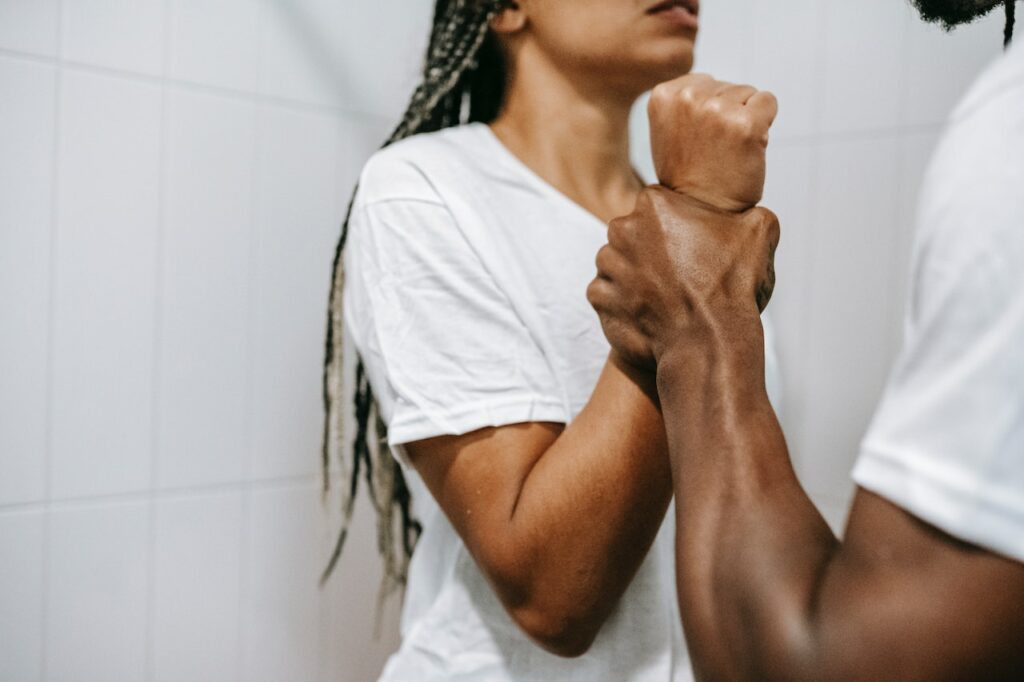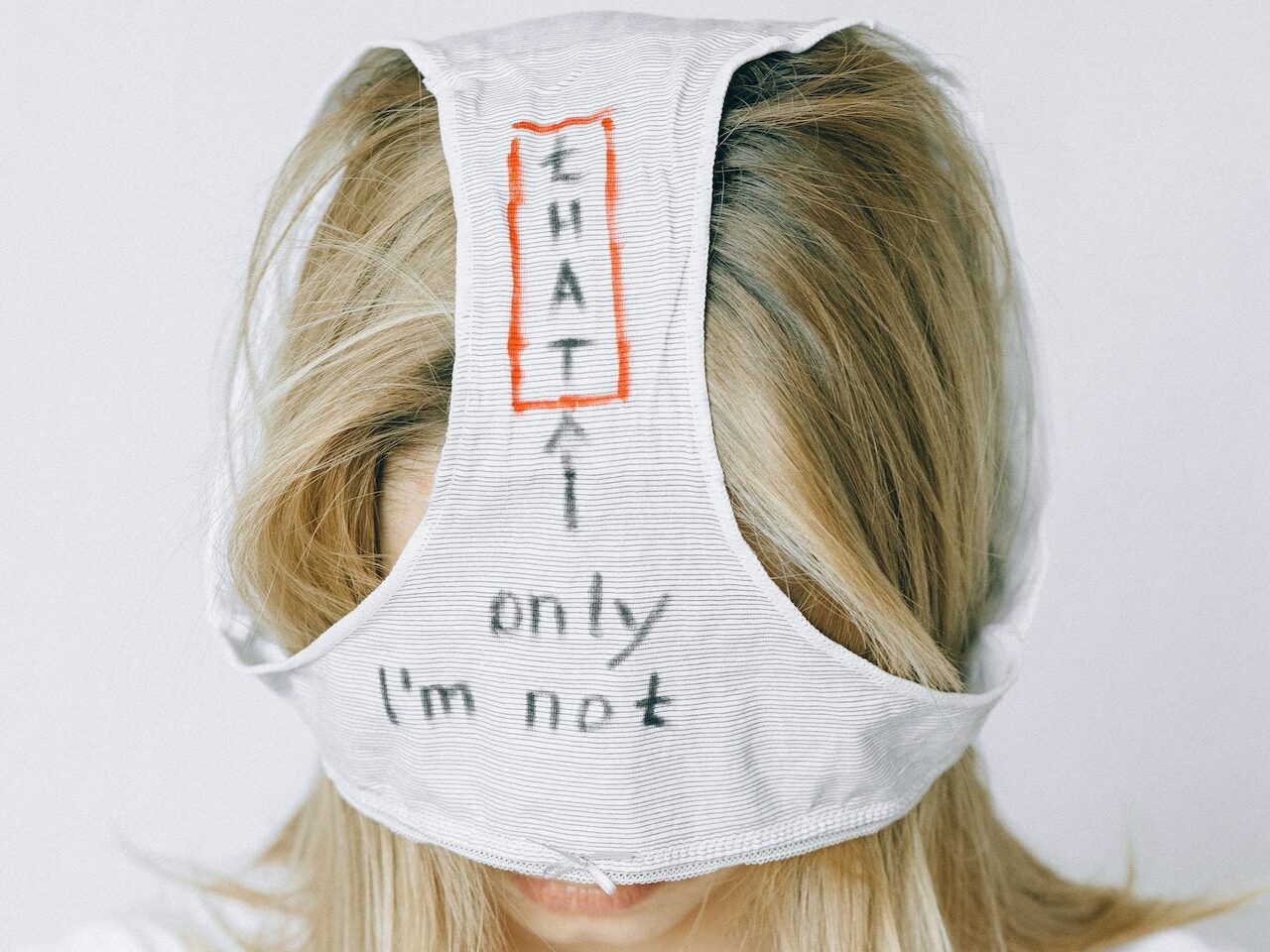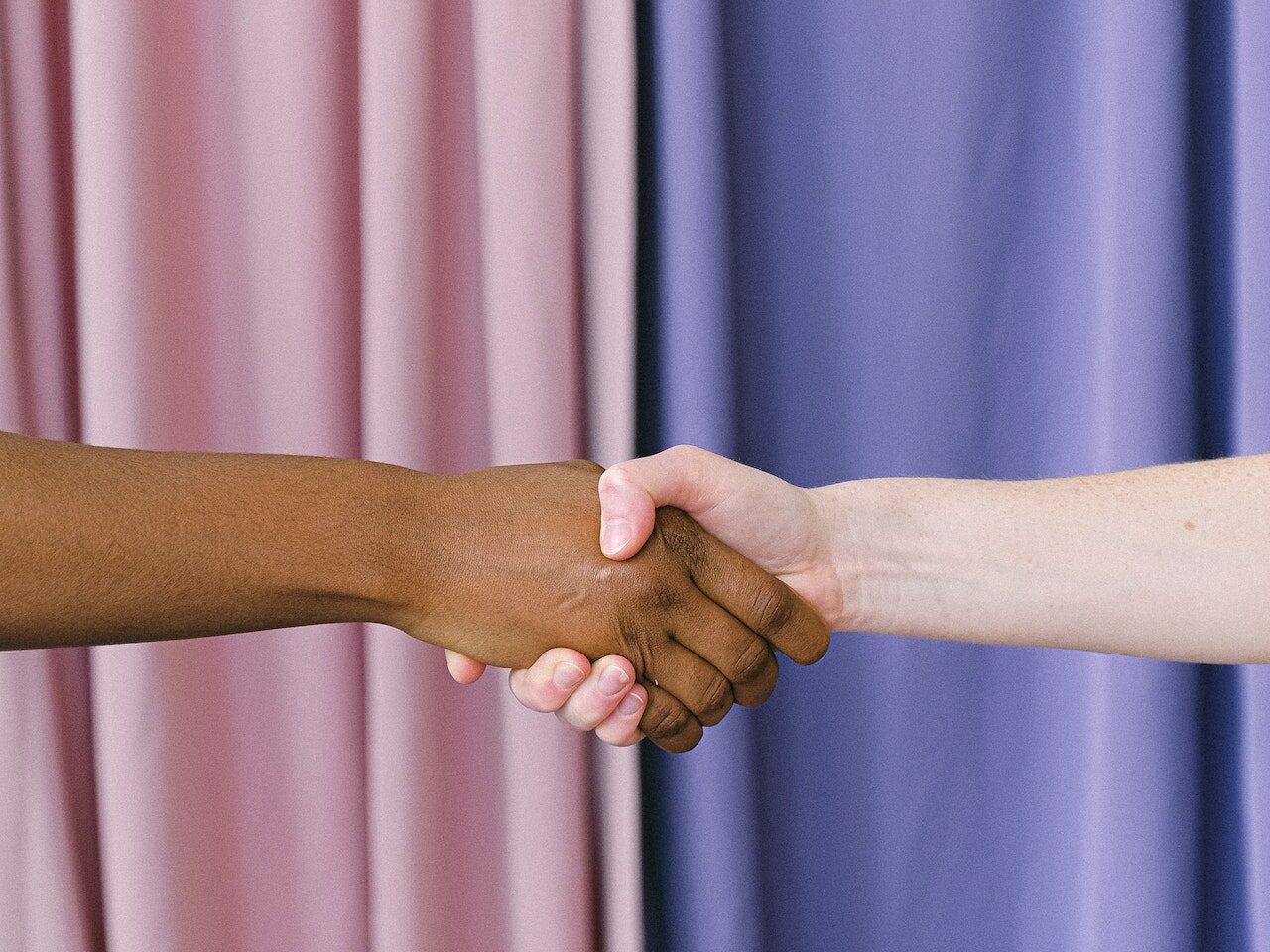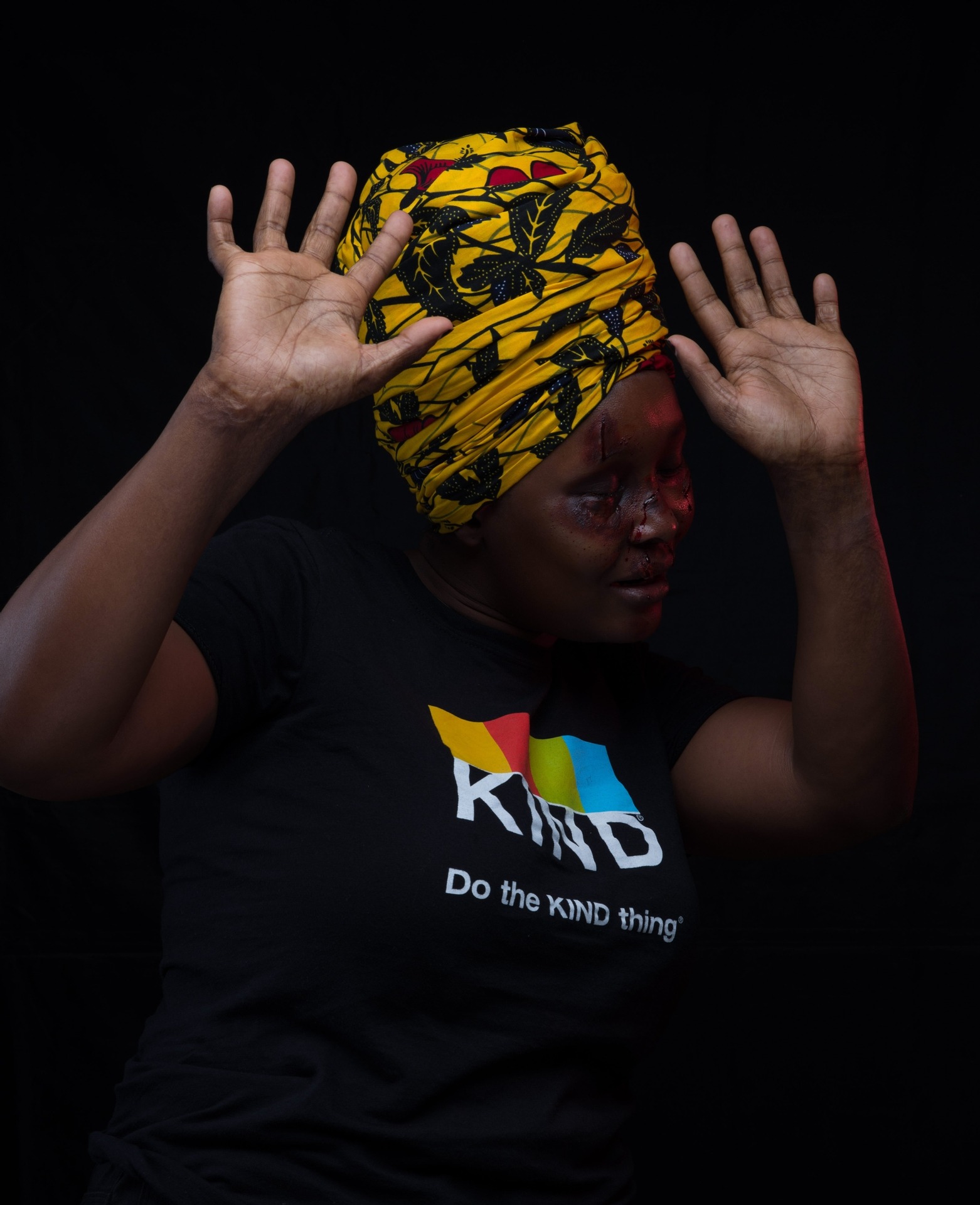As we hear more and more, we are right in the women’s decade. Not long ago, many subjects were taboo in Benin. Violence against women, discrimination, harassment, rape and so on. And when we talk about violence against women, we tend to only dwell on the physical violence, forgetting the psychological one. No slaps, no blows or physical injuries and yet they slowly destroy those who suffer them. These women are dying inside.
“A flowery language to make me understand that I am nothing…”
Today is the 02 of the month and as usual, Alice takes stock. The clock next to it indicates that it is 02:30, Morpheus time.
Sitting on her bed, she smiles thinking of her ex-husband, whom she left recently and whose words still resonate in her. But this time, these words no longer have their echo.
Indeed, Alice is part of the great mass of young Beninese who, having received a ”good education”, know that it is necessary to close it when her spouse, husband, boyfriend, brother, (provided he is a male) speaks to her. Be silent, behave well and later find the means, the appropriate way to place two or three words. No more.
« He often said to me: “You don’t have anything in mind. You will never achieve anything in life”. He missed no opportunity. And poor me, I believed it. I believed in it for a long time. Even after our breakup. However, with flying colors, I had succeeded in my studies. I always came out on top throughout my course. I’ve always been the best. However, I believed him. For what ? How could I not quickly become aware of the harm he was doing me?
And above all, how to understand that a man who claimed to love me, can want my loss? I listened to him and believed him even when he knocked down my self-esteem and my capacity for discernment. It was sung to me so often that for me it had become a truth: ”the male sex is a god, your god”. But tell me: is God lying? »
Living under another’s shadow

Living under the supervision of one’s spouse is the daily life of many Beninese women. Alice testifies that she had to give her spouse ”her geographical position” whenever she was on the move and ”prove it with a photo”. I was always afraid of himshe explains. What if he took the next step? What if he starts hitting me?
In this kind of relationship, it is difficult or even impossible to have time for oneself, ambitions, dreams and savings. My projects, he always found them ”null” and not valid or ”priority” when he deigned to listen to me she added.
A permanent control, a domination which objectifies the woman and deprives her of all freedom.
“Why didn’t you answer the phone?” Who was it ? “No, but did you see how you were dressed?” What will my friends, my parents think of you? ».
Basically, predispositions condition Beninese women to normalize this type of violence. Education, social constructions justify that some women suffer psychological violence without trying to leave or denounce.
Psychological abuse is all the words, actions, gestures against the other, which leave wounds not of a physical order, but mental “. According to Donald TOGBE, clinical psychologist, this type of violence leads to “psychological, physical, sexual dependence…. It involves using words or acting in a way that controls someone, scares them, isolates them or takes away their dignity, he said..
What do the texts provide?
The study commissioned by the Ministry of Family, Social Affairs, National Solidarity on violence against women at the national level revealed that: “out of approximately 52% of the female population, 69% said they had experienced violence at least once in their life. More than half of the women surveyed (51.5%) have suffered at least once in their life physical or mental suffering. These sufferings are the cries on the woman (72.8%), the threats of divorce (32.8%), the refusal to eat what the woman has prepared (30.9%), the complaints of the behavior of the wife to mother-in-law (26.9%), insults to women in front of strangers (22.6%), sexual violence (28.5%), rape of girls aged 2-14 (1, 4%), abduction (8.5%) and excision (15.0%)”.
The number of abused women in Africa, in general and in Benin in particular, is not negligible. Women continue to be abused both physically and morally. However, our country has adopted several legal instruments at the national level which aim to protect victims of violence, specifically domestic violence. But as long as there are no blows, there is no call for help; so no protection.
Law No. 2011-26 of January 9, 2012 on the prevention and repression of violence against women provides in its article 17: “In each department, the social promotion centers must take care of women who are victims of violence in order to provide them with emergency social services, reception and assistance. These services are organized in such a way as to respond to urgent needs and to provide sustainable multidisciplinary support”.

In this type of violence, words cause evil
Horrible words, words that hurt, words that enclose and lock you up, words that besiege you and destroy you. The consequences are devastating and deadly. Donald TOGBE evokes “relational disorders, sleep disorders, loss of self-esteem, aggressiveness, addictions, depression, concentration and learning difficulties in the school environment”. This was the case of Alice who died slowly: ” I no longer had any personality and I was convinced that I was nothing, worth nothing. He destroyed me without hitting me, without physical pain. He destroyed me with his words”.
Thus, without any physical pain, they find themselves possessed by an individual, reduced to nothing, no longer being themselves and accepting unacceptable words. Regaining self-confidence, finding yourself, rebuilding your personality and taking control of your life is a difficult process and consists of several phases. Therapy is needed.
Alice tells us that she took time to fully recover from this “story”. ” I regained self-confidence very slowly, but surely. I reconnected with my friends and finally had the courage to leave him. I fundamentally believe that basic education needs to be reviewed. Inculcate the same values and principles in our girls as in our boys; make no distinction of sex.
A two-pronged approach to effecting change
A two-pronged approach involving two types of interventions is required so that girls can claim their places in society and stay there. First, making the education system work for boys as well as girls is an essential step in improving girls’ opportunities and outcomes. It aims to allow more girls to go to school and above all, to complete their schooling. It therefore requires an approach that specifically targets girls.
Angélique KIDJO, speaking of her humanitarian action for the education of young girls, says it so well “Secondary education allows a total transformation of societies” and mentalities.
This step is necessary but insufficient.

The second intervention aims for an approach that takes into consideration the different living environments of children and adolescents. Indeed, we cannot consider the development of the girl as a whole dissociable from her environment. It will therefore be necessary to review basic education, at home. Teach parents that a daughter has the same weight and the same abilities as a son.
Teach the next generation that words shape children as much as actions. And that there is nothing good in normalizing this type of violence. So we should talk about it.
We will therefore not go in the ”Simone de Beauvoir” way but rather in the ancestral way. Lean on our mothers who, from the top of their experiences, are becoming more and more aware of the importance of the subject, of the obvious repercussions of this education on women, on society.
For things to change, to avoid making the same mistakes again, falling into the same traps, we need to share knowledge.
In Benin, psychological violence exists. We must also talk about it because it destroys.
